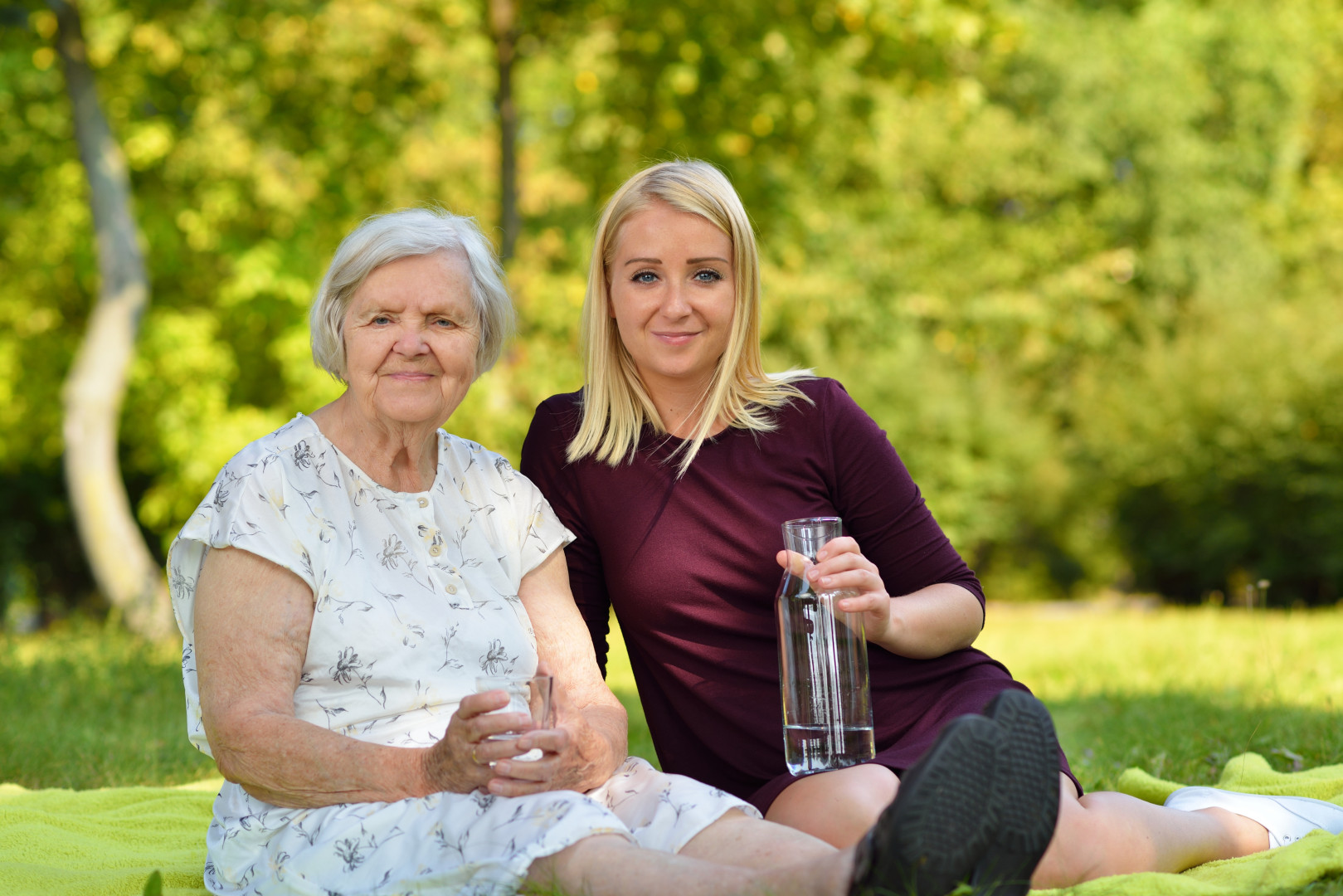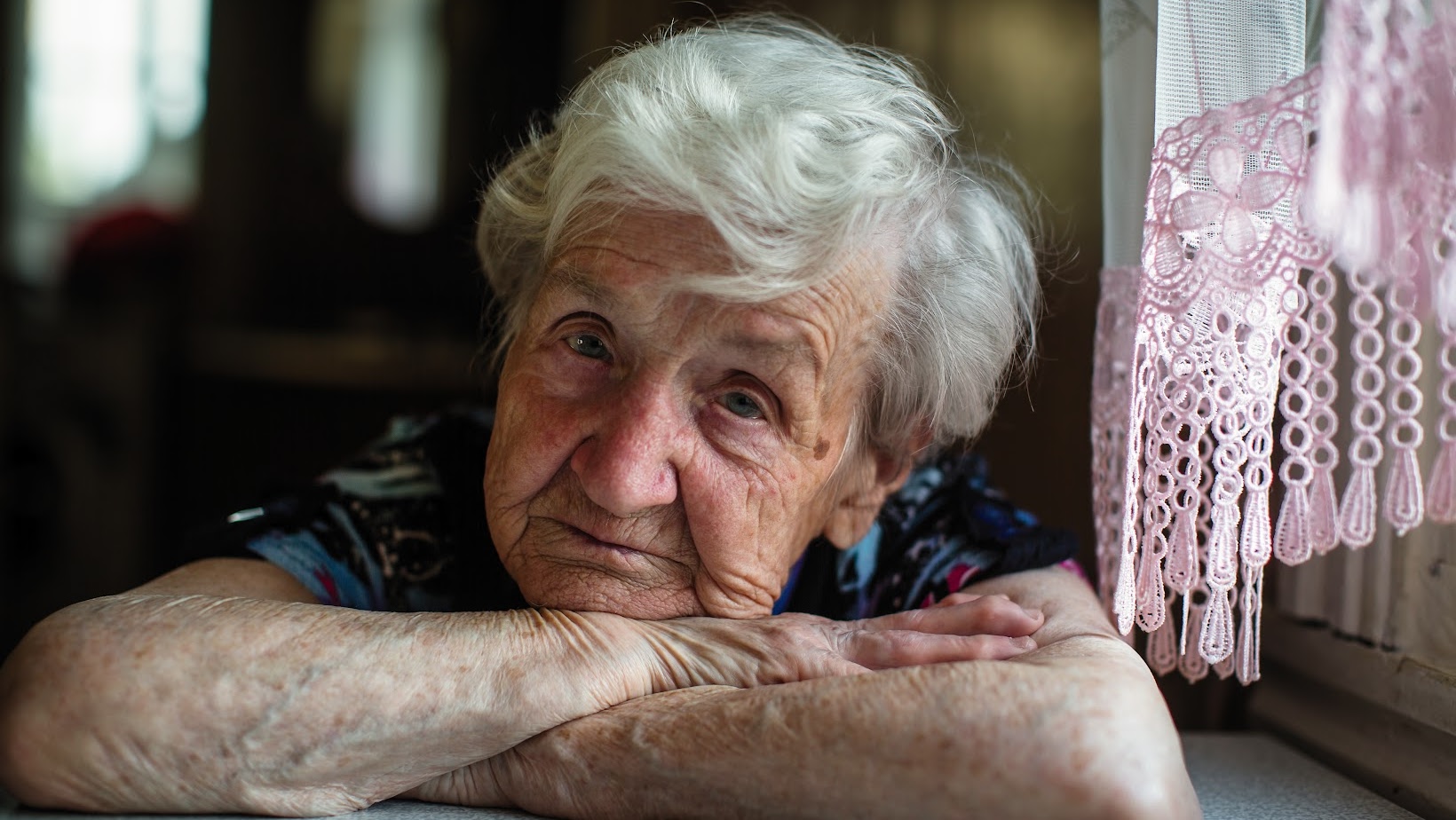
Summertime Fun for Seniors with Dementia Summer is a time for fun, relaxation, and spending time with loved ones. But for seniors with dementia, it can also be a time of increased challenges. The heat, crowds, and changes in routine can be overwhelming and lead to anxiety, confusion, and agitation. That's why it's important to plan ahead and make sure your loved one has plenty of opportunities for enjoyable and safe summer activities. Here are a few ideas to get you started: Take a walk in the park. Getting some fresh air and exercise is a great way to improve mood and reduce stress. Just be sure to avoid the hottest hours of the day and choose a shady spot to rest. Visit a local museum or zoo. Many museums and zoos offer programs and exhibits that are specifically designed for seniors with dementia. These programs can help stimulate the mind and provide a sense of engagement. Go for a swim. Swimming is a low-impact exercise that is easy on the joints and can help improve mobility. Just be sure to supervise your loved…

How to Make Dementia Care More Fun and Effective Through Improv Improvisation is a valuable tool when it comes to dementia care. It will allow our caregivers to connect and engage with our seniors facing cognitive challenges. By embracing unforeseen twists, improvisation helps caregivers learn more about our seniors with dementia care. Its spontaneity fosters creativity, adaptability, and lightheartedness helping to make dementia care more fun and effective for both our caregivers and our seniors. So, How Exactly Does Improv in Dementia Care Work? Improv in dementia care helps to create a supportive environment for individuals to express themselves authentically. By prioritizing active listening and refraining from correcting all the time, we can build respect and understanding. This approach encourages our seniors to freely share their thoughts and emotions, promoting their well-being. Listed here are a couple of Improv activity tips to try. After you have a sense of how it works, the sky's the limit. Use your own creativity and knowledge…

5 Surprising Things That Make Alzheimer’s Worse Managing dementia can be a complex task that requires constantly changing your tactics. However, it is also important to recognize and address factors that can worsen Alzheimer’s disease. By learning and understanding these triggers and implementing effective management strategies, we can learn to support our loved ones better. When caring for a senior with the disease, you need to be aware of the following potential complications and contact their physician for recommendations where applicable. -Hearing impairment. Untreated age-related hearing loss has been found to have a significant impact on decline for our loved ones. Surprisingly, even a minor issue such as wax buildup in the ears can exacerbate the effects of Alzheimer’s disease. -Too much sugar. Sugar cravings are common for seniors with dementia, often leading to heightened irritability and agitation. This becomes more problematic when short-term memory loss causes overeating, as they may have forgotten they have already…

“I’m Not Going”: Handling Alzheimer’s Stubbornness with Compassion When a loved one living with Alzheirmer’s disease becomes resistant to everyday activities, it can be frustrating and at times heartbreaking. When a loved one refuses to take a bath, their medication or even refuses to leave the house can leave the family member or caregivers overwhelmed. But with understanding, patience, and the right tips, you can navigate these challenges with grace. Why the Resistance? Confusion and loss of Control: People with Alzheimer’s experience changes in their brain that can make small simple tasks feel overwhelming and confusing. Stubbornness can be a way of reasserting control in a world that increasingly feels out of their grasp. Fear and Anxiety:Changes in memory and perception can create anxiety around new places, people or routines. Resistance may be an expression of this fear. Physical Discomfort: Sometimes, what appears as stubbornness can be a sign of an unmet need like pain, hunger, or the need to use the bathroom. Tips for Overcoming Stubbornness…

Understanding Delirium: Protecting Seniors and Preserving Well-Being Dementia and Alzheime’s disease garner significant attention when it comes to senior health and well-being. However, there’s another condition that often affects older adults and can lead to further complications: delirium. Delirium presents with a sudden onset of confusion, disorientation, and changes in behavior that can be distressing for both seniors and their loved ones. What is Delirium and How does it Differ from Dementia? Delirium is a serious medical condition characterized by a rapid decline in mental function. Unlike dementia, which develops gradually over time, delirium comes on quickly- within hours or days. Here is how to tell them apart: Dementia: A chronic, progressive decline and memory, thinking and behavioral skills. Delirium: A sudden, acute state of confusion, often reversible with treatment of the underlying cause. Causes of Delirium in Seniors Many Factors can trigger delirium in older adults including: Infections: Urinary tract infections, pneumonia, or…

3 Ideas for Creative Alzheimer’s Activities Utilizing Food Our food has a unique ability to bring families and friends together and create lasting memories. From special occasions like birthdays and holidays to everyday routines, food can play a central role in our lives. Alzheimer’s activities that involve food can be both effective and creative, tapping into the power of this universal connection. By doing food-related activities, they can be a wonderful way to connect with someone with dementia. These activities will help to engage all of the senses and may help spark memories or create new ones. Here are some activities that you may want to try: cooking together, baking cookies, making a salad, going for a picnic in the park. Always try to remember to pick an activity that is safe and enjoyable for a loved one with dementia. Decorating. By frosting cupcakes and remembering the treats Mom made for school events or birthday parties. By rolling out cookie dough and using cookie cutters and sprinkles to make them festive for an upcoming holiday,…




















